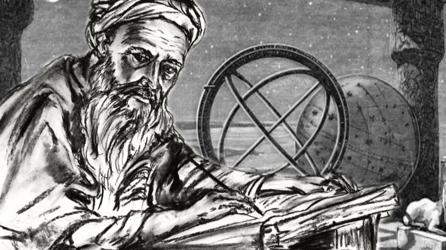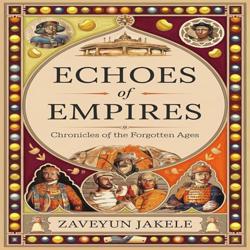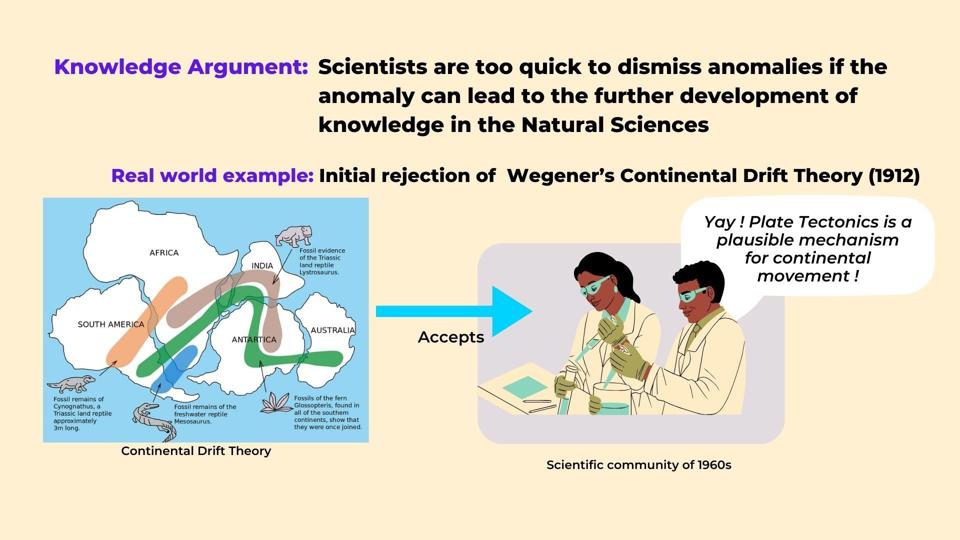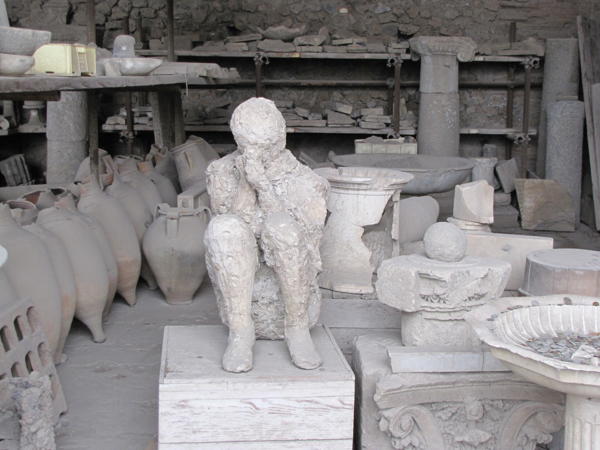The Legacy of Ancient Algorithms
Exploring the Impact and Evolution of Algorithms from Ancient to Modern Times

Frequently Asked Questions
Al-Khwarizmi's work introduced systematic procedures for solving linear and quadratic equations, laying the foundation for algebra and formalizing the steps of algorithms that could be used universally.
Modern algorithms are often more complex, utilizing advanced mathematical theories and computational techniques that can handle large data sets and solve intricate problems quickly, whereas ancient algorithms were limited to basic arithmetic and geometric calculations.
Step by Step Guide
1
Introduction to Algorithms
Begin by defining what an algorithm is: a step-by-step set of operations to perform a specific task. Discuss the importance of algorithms in everyday life and in computational contexts.
2
Historical Context
Trace the origins of algorithms back to ancient civilizations, particularly focusing on the Babylonians, Egyptians, and Greeks, who developed early methods for computation.
3
The Babylonians and Their Numerals
Explore how the Babylonians used a sexagesimal (base-60) system for calculations and their contributions to early algebraic algorithms.
4
Greek Contributions
Discuss the work of ancient Greek mathematicians such as Euclid and Archimedes, particularly their algorithmic processes in geometry and their influence on later mathematical thought.
5
The Role of Algorithms in Islamic Golden Age
Examine how scholars during the Islamic Golden Age built upon Greek mathematics and formalized algorithms, particularly through the works of Al-Khwarizmi, who is known as the 'father of algebra.'
6
Chinese Contributions
Highlight ancient Chinese algorithms, including the Chinese Remainder Theorem and other methods found in texts like 'The Nine Chapters on the Mathematical Art.'
7
Medieval and Renaissance Advancements
Look into the developments in mathematics during the Medieval and Renaissance periods, noting how the introduction of symbolic notation led to more complex algorithms.
8
The Printing Press and Algorithm Dissemination
Discuss how the invention of the printing press in the 15th century allowed for the wide dissemination of mathematical knowledge, supporting the evolution of algorithms.
9
The Birth of Modern Computing
Transition to the 19th and 20th centuries, explaining how developments in computing machinery (like Babbage's Analytical Engine) set the stage for modern algorithms.
10
Key Modern Algorithms
Explore significant modern algorithms, such as sorting algorithms (like QuickSort), search algorithms (like binary search), and their applications in technology today.
11
The Impact of Algorithms on Society
Evaluate how algorithms influence numerous fields, such as economics, healthcare, and artificial intelligence, and their role in decisions impacting daily life.
12
Ethical Considerations
Discuss the ethical implications of algorithms in modern technology, including concerns about bias, privacy, and transparency.
13
Future of Algorithms
Speculate on the future of algorithms, particularly in the context of quantum computing and AI, and how they may evolve moving forward.
14
Conclusion
Summarize the journey of algorithms from ancient times to the present, highlighting their continual evolution and impact on human civilization.








